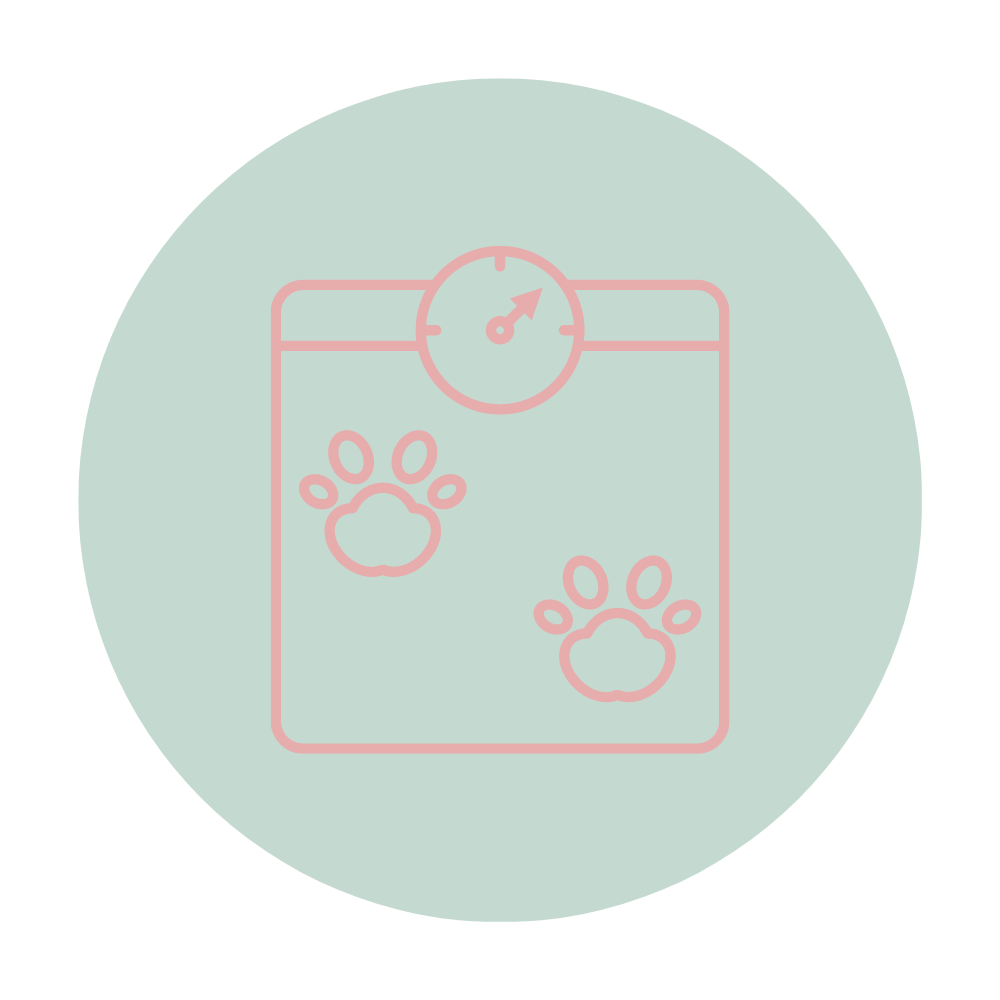MHPH believes that desexing your pet is an important part of pet ownership.
It is a common surgical procedure that involves removing the reproductive organs – know as castration in males and speying in females. Cats are recommended to be done at 4 months old and dogs will vary depending on their breed, but anywhere from 6 months to 24 months.
Your pet is never too old to be desexed.
Benefits of desexing
· Prevent unwanted litters – helps control overpopulation or other associated costs
· Prevent cancers and reproductive tract diseases – especially prostate or testicular tumours in males and mammary cancer or pyometra (uterus infection) in females
· Fewer behavioural problems – such as urine marking or aggression towards other animals/people
· Less roaming and escaping – especially during breeding season
· Discount on council registration fees
The procedure is generally safe and quick with few risks involved in the young healthy pet. It is only a day procedure, so most pets are home by the afternoon to start their recovery period.
We aim to ensure all pets feel as comfortable as possible during and after their surgery. We send all animals home with at least 1 type of pain relief, but some may require more. This can be discussed with your surgery nurse on the day.
There are 2 recommended extras for desexing or any of our surgical procedures (these are mandatory in any animal over 7 years old)
· Intravenous fluid therapy – this helps your pet metabolise the anaesthetic medications we use and support a smoother recovery post-operatively. It supports blood pressure during the procedure to ensure the organs remain healthy
· Pre-anaesthetic bloodwork – this ensure your pets organs are healthy enough to handle the anaesthetic and medications and as a good baseline for the future
In addition, all desexings are given local anaesthetics during their procedure – like when we have work done at the dentist, this provides additional pain relief during the surgery and provides more effective pain control in the post-operative period.
In July 2020, the NSW State government put in place that annual permits are required for owners of non-desexed cats. This means that owners of cats not desexed by four months old will be required to pay $80 per year in addition to their lifetime registration fee.












